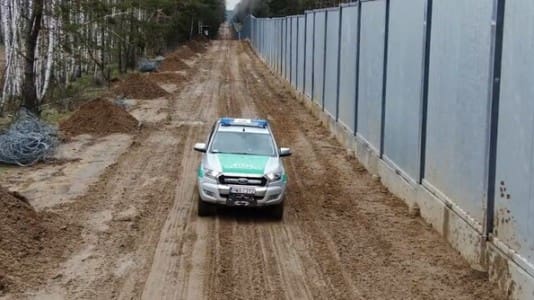Over 368,000 visas have been issued to Ukrainian refugees in the Czech Republic since the beginning of the Russian invasion of Ukraine on Feb. 24; however, more than a fifth of applicants have now left the country, according to data published by the Czech Interior Ministry on Thursday.
In total, 368,551 refugees have received visas across Czechia, but there are now approximately 300,000 Ukrainian refugees still residing in the country, Czech Interior Minister Vít Rakušan stated on Thursday.
According to the published statistics, almost 30 percent of the refugees are children under the age of 15. Less than 7 percent are teenagers from 15 to 18 years of age, and 3.5 percent are seniors aged 65 and over. More than two-thirds of Ukrainian adult refugees are women.
The Czech government approved an amendment to a law called Lex Ukraine at a meeting on Wednesday. According to this, measures ordering ministries and administrative authorities to set aside facilities to accommodate Ukrainian refugees should continue to apply even after the end of the state of emergency, which is to last until June 30.
The current registration of refugees should also continue to apply, with the cabinet expected to ask the Chamber of Deputies to discuss the law in a state of legislative emergency.
Rakušan told reporters after the government meeting that he had discussed the draft with the presidents of the regions and hoped for their help in getting it approved in the lower house of parliament.
According to the interior minister, the European registration system for refugees from Ukraine is also starting up, and in the coming days, a large data package from Poland and the Czech Republic will start to be processed. Rakušan expressed his hope that the registry will enable faster detection of duplicate refugee reporting throughout the EU.





